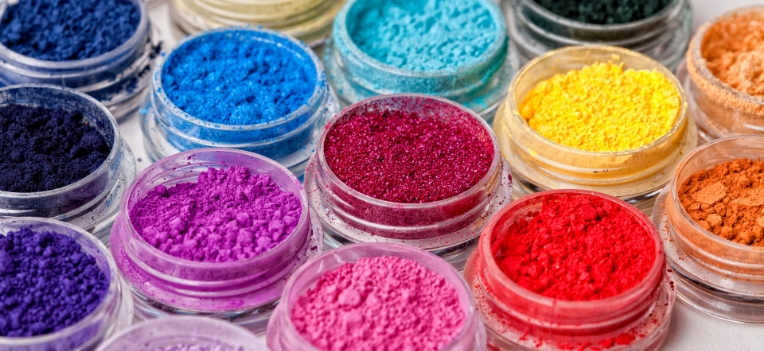Color Testing

Color plays a significant role in the visual representation of the food that we eat, along with other elements like flavors, taste, etc. as it severely impacts the buying decision of the consumer. Food color is a pigment, dye, or some substance that is made by a process of synthesis, extraction, or otherwise derived from vegetables, or other sources that when added to a food impart color to it. It finds applications in various food items like Dairy, spices, ice-creams, baked goods, desserts, snacks, processed food products, etc. Many manufacturers in the food industry face the key challenge to ensure the quality of the product is high and displaying optimal performance while paramount ‘Product Safety’ by assessing the presence of potentially harmful chemicals.
Cultivator Phyto Lab is your one-stop partner for color testing services, our advanced and high-tech laboratories, supports and offer a range of testing services for potential allergens or active substances in the edible colors used by the industry for their products.
Natural Color Testing
Caramel |
Cochineal |
Curcumin |
Annatto |
Chlorophyll |
Betanin |
Synthetic Color Testing
| Brilliant Blue |
| Allura Red AC |
| Carmosine |
| Sunset Yellow |
| Indigo Carmine |
| Erythrosine |
| Fast Green |
| Ponceau 4R |
| Tartrazine |
NEWS AND BLOGS
Find up to date information, news releases, and corporate publications for Cultivator Phyto Lab customers
The Rise of Beauty in Ayurveda Nurture
Ayurveda, an ancient Indian medical system, emphasizes the balance of body, mind, and spirit to achieve optimal health and beauty. Ayurveda is based on the idea of the interconnectedness of all things, as well as nature’s ability to heal and renew. In recent years, Ayurvedic concepts have permeated several facets of wellness, including skincare, haircare, and overall lifestyle practices, gaining popularity for their effectiveness and gentle, holistic approach.
Why people should take seriousness on trans fatty acid
People are concerned about nutritious foods as a typical first line of healthiness, but knowing what to accept or reject in their diet is important, so we're trying to better understand some crucial facts concerning fatty acid profiling, which is part of our daily...
Beware antinutrients may censor nutrients in your delicious food
Insights of Antinutrients Antinutrients are natural compounds found in a variety of foods, primarily grains, beans, legumes, and nuts. They can potentially reduce vitamin and mineral absorption, as well as other nutrients and micronutrient levels. These compounds can...



